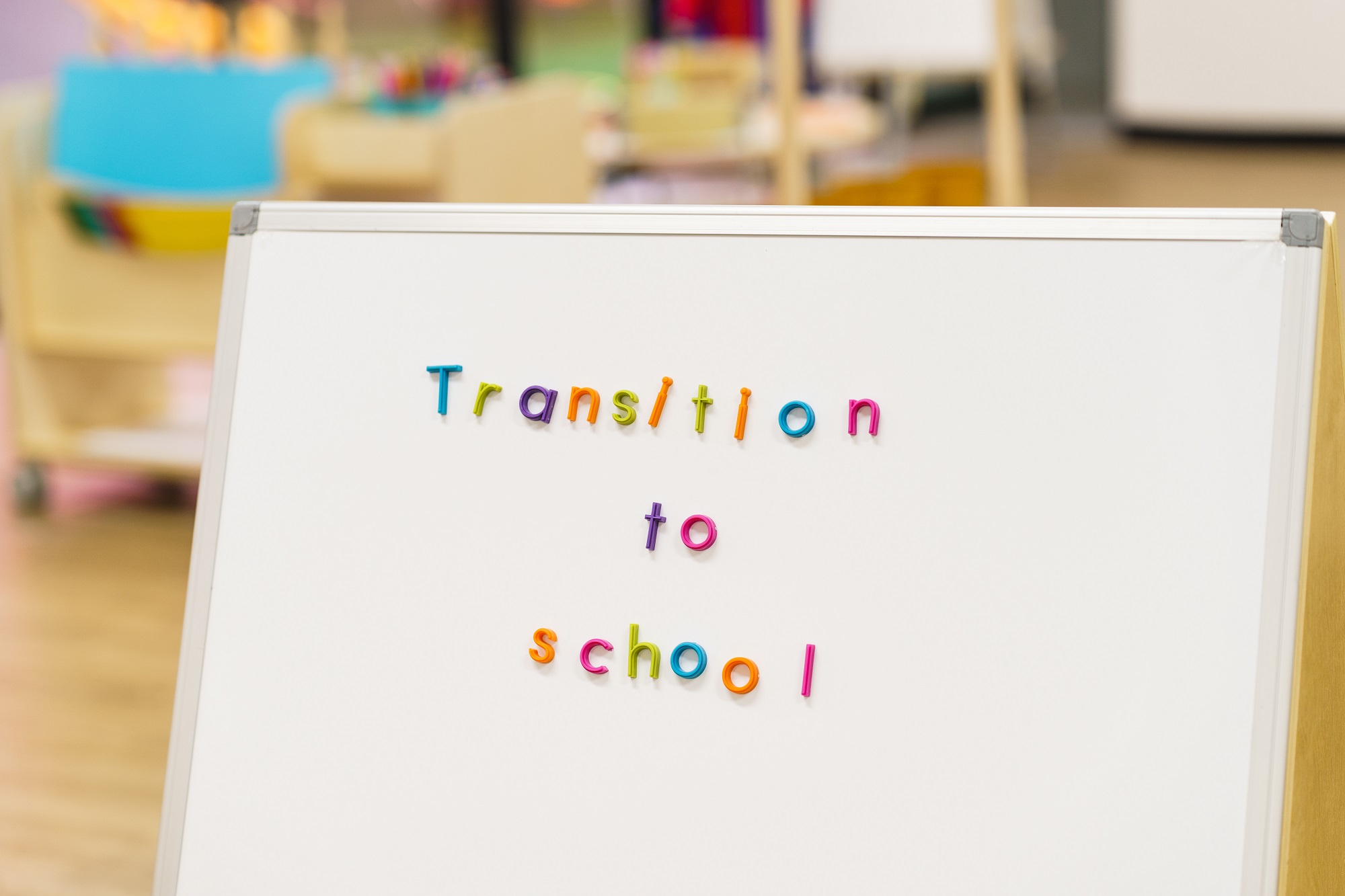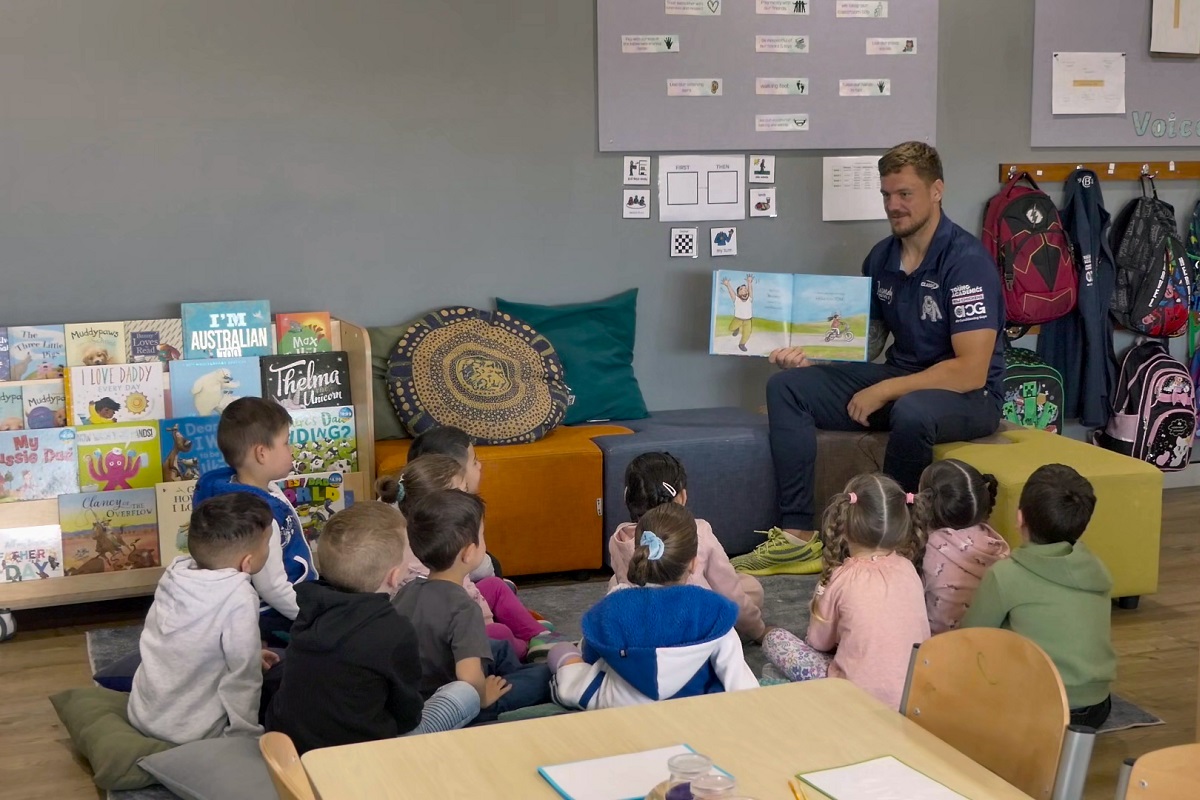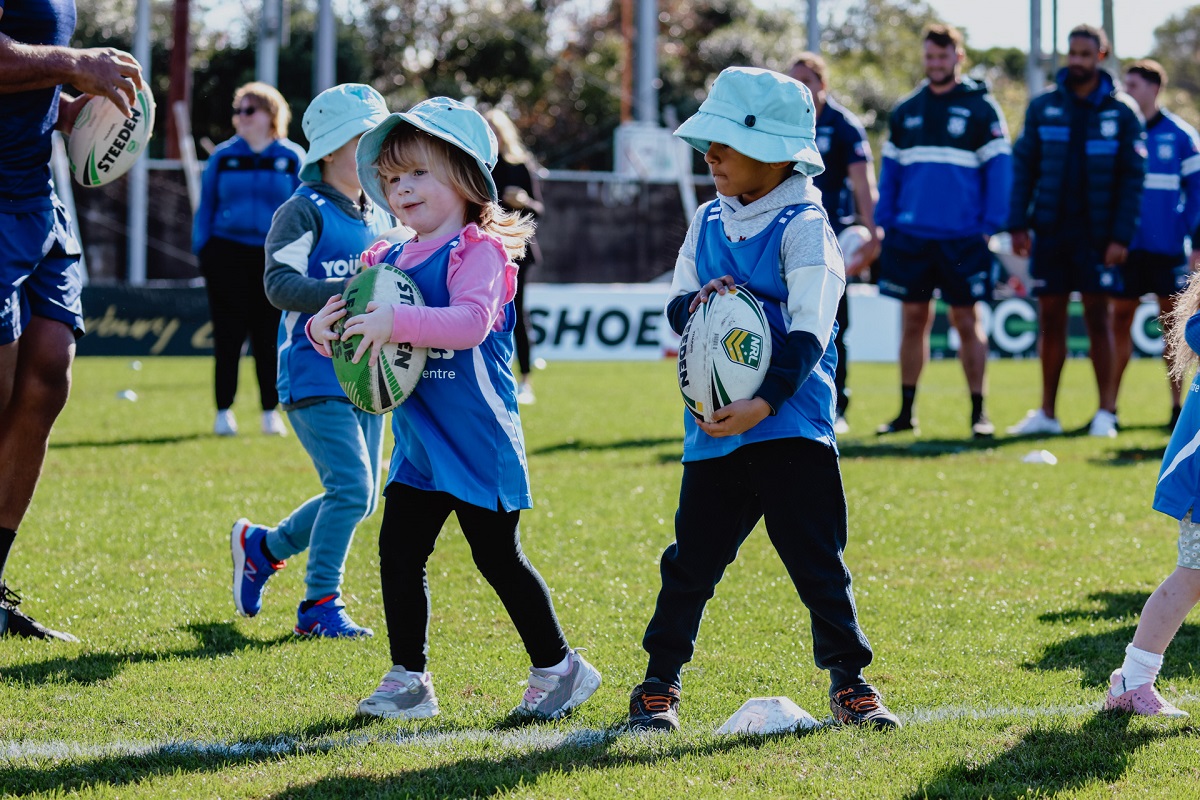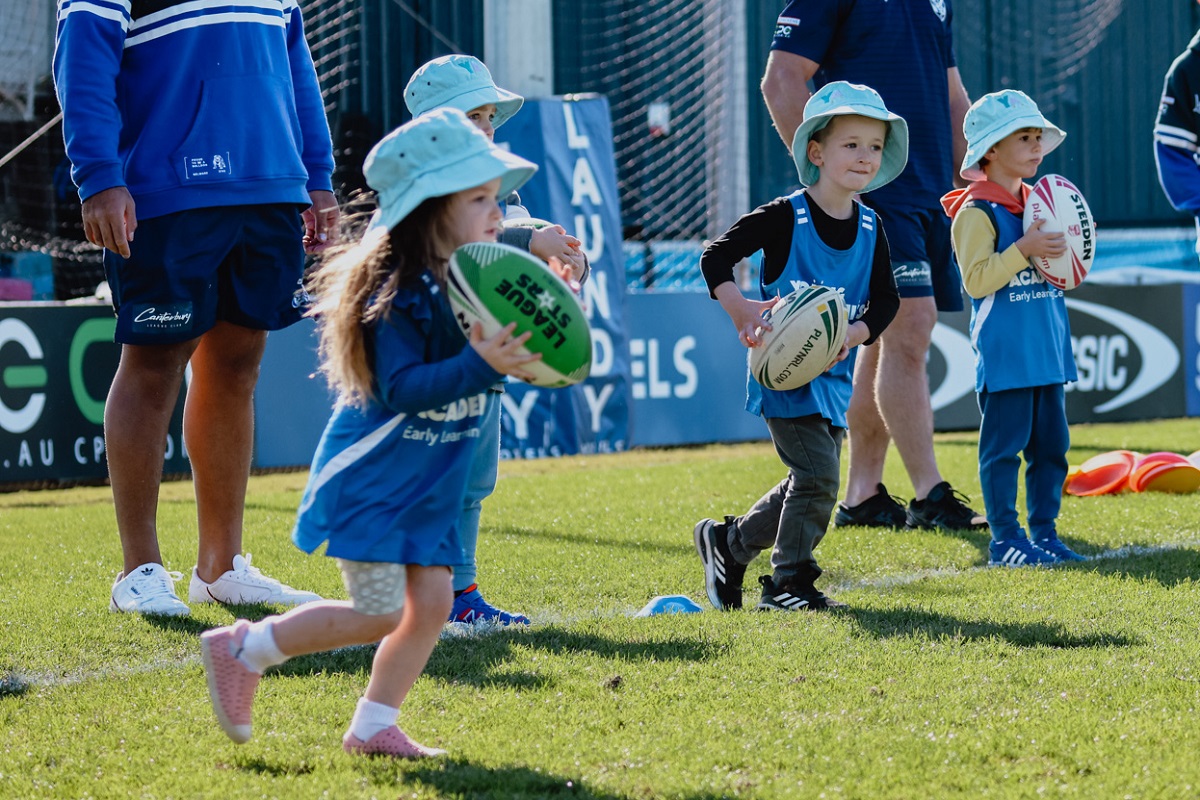Starting primary school is a milestone for every child and parent. It’s no doubt that a positive start to school leads to a more enriched and enjoyable experience for every child. At Young Academics, our Transition To School Program holistically approaches early learning by creating a foundation of skills. Whilst preschool is a great environment to establish these abilities, your child’s skills must also be nurtured at home. Read on to learn how you can help develop certain skills so that they can be confident in their new surroundings.
Social SkillsYour child’s social skills are an integral part of functioning as it prepares them for a lifetime of healthy interactions. Social skills range from manners to holding general conversations. In order to prepare your child for the school environment, it’s necessary that you practice back-and-forth conversation in order to build on their communication skills. It’s also great for your child to interact with other children as they can build their confidence and connect more deeply with others.
Cognitive SkillsTransitioning into school means that your child is able to think and express themselves in a variety of new ways. The class and playground environment create a whole new world for your child to problem solve, create, experiment, think and learn. You can help to improve your child’s cognitive skills by practicing memory skills. An example would be identifying colours, shapes and animals. As your child memorises these elements, encourage them to identify them in everyday scenarios. For example: Pulling up to a stop sign and asking your child to identify the shape and colour of it. Another game to help your child enhance their cognitive skills is “I Spy”. This simple game will help your child follow instructions, improve attention and develop their language and vocabulary.
Emotional SkillsEmotional learning is about learning how to manage feelings. These are essential life skills that support wellbeing and positive emotional health. Your child requires a great deal of warmth and support during this vulnerable stage of their life. Show your child how to express their emotions as they arise. For example: "You seem sad. Has something upset you?” Once your child becomes skilled at expressing their own emotions, begin to inquire about how other people may feel. For example: “How do you think your sister felt when you took away the toy she was playing with?" By posing such questions, your child can begin to think about how their own actions might impact the emotions of those around them.
Independent SkillsStarting primary school is all about building independence. As your child progresses through school, they’ll be expected to become independent and take charge of their own learning and organisation. You can help your child to build on their independent skills by encouraging them to take responsibility for everyday tasks.
For example: Motivate your child to make choices about what to wear or what snack to eat. This will empower their self esteem and help them to thrive at school.
At Young Academics, we deeply value education, but just as much, value fostering a child’s social and developmental skills. We want to encourage confident personalities and ensure that each child is the getting the most out of their experience with us. This way, we can embed lifelong traits.



 BACK
BACK



